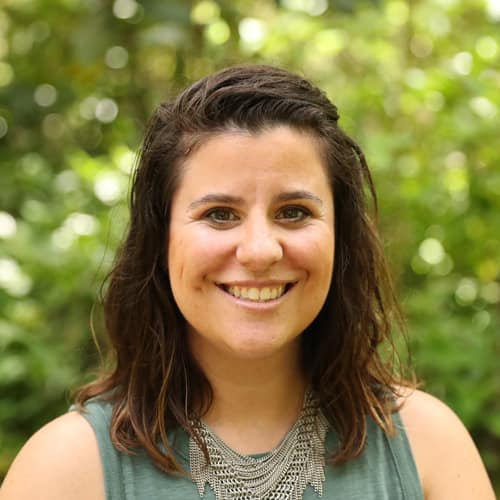From College to Cockpit: Embry-Riddle Researchers Study What Drives Students to Join Airline Pilot Pathway Programs

Pilot pathways programs offer aspiring aviators a clear route into commercial aviation. To strengthen this pipeline, Embry-Riddle Aeronautical University researchers are studying how students perceive these programs.
The study of the pilot pathways programs will involve both surveys and virtual interviews of Aeronautical Science students from Embry-Riddle’s Daytona Beach and Prescott campuses.
In recent years, airlines have established a series of pilot pathway programs to help students transition from college to the cockpit. Through engagement, mentorship and internship opportunities, participants gain clearer career goals, enhanced support and greater confidence in their professional trajectory.
Students apply and are accepted into pipeline programs while pursuing their degrees and obtaining flight certifications and ratings. Participants who successfully meet all program requirements may be offered conditional employment upon completion of their degrees and fulfillment of all flight qualifications.
“The main goal of our research is to understand what motivates students to join pathway programs and how they perceive the benefits and drawbacks,” said Dr. Lauren Burmester, principal investigator and assistant professor of Aeronautical Science, “Ultimately, we want to use this insight to help improve program design and increase participation, which could significantly strengthen the aviation workforce pipeline.”
Areas of focus will include students’ career motivations, perceived job security, incentives and concerns regarding pilot pathways programs, such as long-term commitments or a lack of future career flexibility. The study will also examine the impact of peers, faculty and industry trends on shaping students’ decisions to enter these programs.
Dr. Becky Lutte, chair of the Aeronautics Department at the Worldwide College of Aviation, is a co-investigator on the study. The project also includes graduate student Donald Seeterlin and undergraduate researcher Isabella Gianni.
“Pilot pathway programs provide a clear path for success to connect students to industry opportunities,” Lutte said. “Embry-Riddle has strong airline partnerships, and the research will allow us to better understand what drives students to pursue these programs.”
According to Boeing's 2024 Pilot and Technician Outlook, the aviation industry will need approximately 674,000 new pilots globally over the next two decades to meet rising demand and support fleet growth. Pilot pipeline programs play a critical role in addressing this demand by creating structured, efficient pathways for aspiring pilots to enter the workforce.
A university pilot pipeline program benefits airlines by establishing a reliable and steady stream of qualified pilot candidates. It allows airlines to identify and engage with future pilots early in their training, reducing recruitment costs. For students, the programs provide a competitive edge.
Data collection is scheduled to begin in Fall 2025, with the project expected to conclude by Summer 2026. For universities, the feedback could enhance enrollment, retention and industry partnerships, and the researchers are optimistic that their findings will have real-world applications in the decision-making process of students pursuing careers as professional pilots.
“Our study has the potential to impact how airlines recruit and how schools collaborate with industry,” Burmester said. “If we can better align these programs with what students are actually looking for, we can help create more efficient, effective and appealing pathways from college to cockpit.”

 Kati Callahan
Kati Callahan